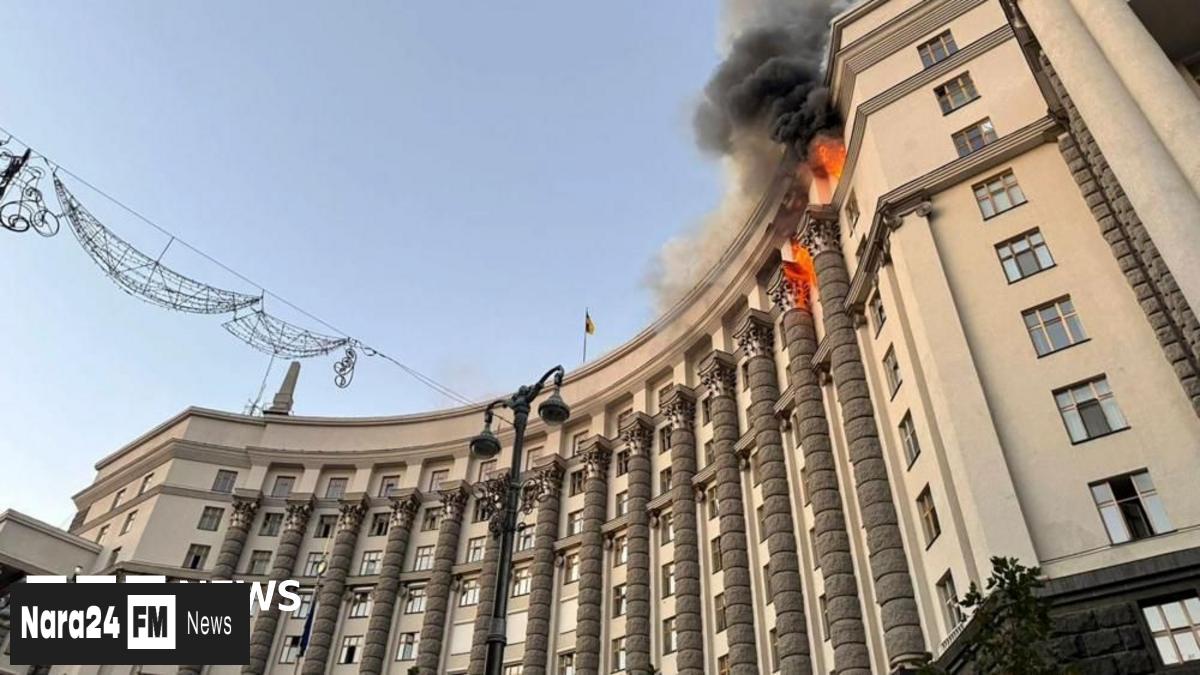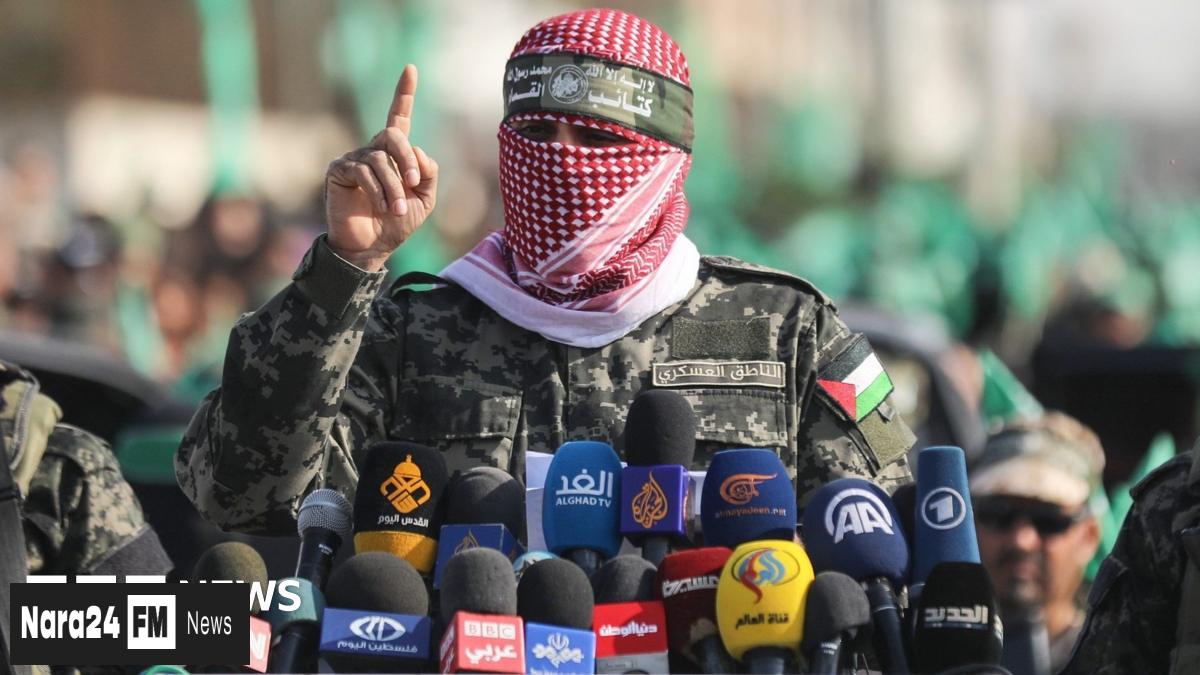In This Article
- Israel's Announcement of Humanitarian Corridors
- Global Response and Criticism
- IDF's Efforts and Justifications
- UN and Allies' Demands
- Historical Context of Aid Restrictions
- Humanitarian Impact in Gaza
Key Takeaways
- Israel has announced humanitarian corridors for Gaza aid through UN convoys in response to global concerns.
- Humanitarian supplies, including food, are being air-dropped, with the first delivery containing flour, sugar, and canned food.
- Global scrutiny and calls for eased aid restrictions have intensified due to reports of mass starvation in Gaza.
- The IDF attributes the humanitarian crisis to Hamas actions and claims adequate food has been delivered.
- The UN and international agencies continue to pressure Israel for unrestricted aid access to prevent further suffering.
In response to intensifying global scrutiny, Israel has announced plans to establish humanitarian corridors to facilitate the entry of aid into Gaza via United Nations convoys. The Israeli Defense Forces (IDF) confirmed the resumption of air-dropped humanitarian supplies, including the first delivery of seven pallets containing flour, sugar, and canned food sourced from international organizations.
The move comes as aid groups and world leaders urge Israel to ease restrictions on aid access, citing dire warnings of mass starvation in the besieged territory. Reports of individuals succumbing to hunger have further heightened concerns, though the IDF has dismissed claims of deliberate starvation, asserting that the crisis is not a result of intentional actions.
According to the IDF, efforts are underway to improve the humanitarian response in Gaza, including potential temporary pauses in military operations within densely populated areas. The military also highlighted the restoration of electricity to a vital desalination plant, which it claims will provide clean water to approximately 900,000 residents.
However, the UN, humanitarian agencies, and some of Israel’s allies continue to hold the country responsible for the worsening conditions, demanding unrestricted aid entry. The IDF reiterated that food distribution within Gaza is the responsibility of the UN and international organizations, which must ensure supplies do not end up with Hamas.
Israel had completely cut off all supplies to Gaza since March, reinstating them with stricter limitations in May. The military maintains that adequate food has already been delivered during the conflict and attributes civilian suffering to Hamas’s actions. The Hamas-run Gaza health ministry reported on Saturday that over 125 people, including 85 children, have died from malnutrition, underscoring the severity of the ongoing humanitarian plight.
Related Topics: Israel-Gaza war








Comments (0)
Leave a Comment
Be the first to comment on this article!